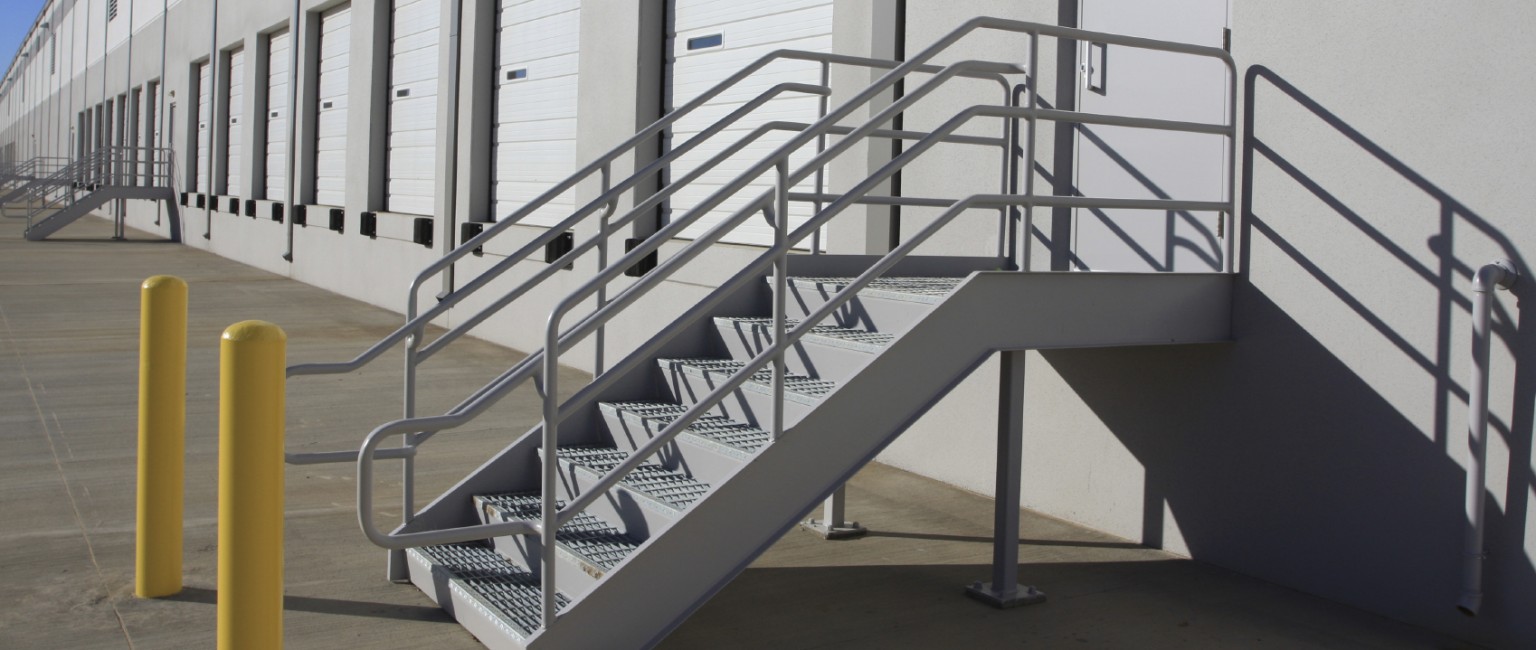4 key steps in leasing your commercial property

When it comes to leasing your commercial property, it pays to be proactive and organized. Don’t wait until the lease expires before you act – instead, start negotiating with your tenants well ahead of the expiry date.
We asked David Howson, Office Leasing Director at Knight Frank and Jock Gilchrist, Director of Office Leasing at Colliers International, what the key stages are in leasing a commercial property.
1. Start leasing negotiations early
David Howson recommends contacting your tenants at least 12 months before their lease is due to expire and then progressively more from nine months in.
Contact your tenants at least 12 months before their lease is due to expire.
Jock Gilchrist says that “for a larger tenant of 1,000sqm or more this could be as long as 18 months before lease expiry, while for smaller tenants of sub-500sqm we would recommend a minimum of six months before expiry”.
Well before the lease expires, a landlord should start preliminary discussions with their tenant to work out if they want negotiate a renewal for a further term or would like to relocate, Gilchrist says.
2. Make sure tenants make good
If your tenant is relocating, David Howson says to make sure you “understand the tenants obligations with relation to Make Good so this can be communicated and you receive the result you are after”.
The obligations of the tenants in how they leave the property are outlined in the lease. Make sure they understand if they need to replace carpet, remove any fixtures or repaint anything before they leave.
3. Put your property in the market
Jock Gilchrist says if tenants decide to relocate, the landlord should look at engaging a reputable leasing agency as early as possible to seek their advice about how to best position the building for re-leasing.
Engage a reputable leasing agency as early as possible to seek their advice about re-leasing the building.
Gilchrist says a good leasing agent “will provide advice regarding current market conditions, works required to best position the premises to attract and secure a replacement tenant, achievable market rental range and recommendations regarding other commercial terms”.
Howson agrees. He says you need to “engage an agent to discuss how to best display the space and achievable financial outcomes”.
He also stresses the importance of regularly meeting with your agent so you can understand the building’s position in its market and then act on the feedback.
4. Know your objectives
It is important to understand what your key drivers and objectives are regarding your property, and it is important that your agent understands these as well.
“A landlord may prefer a shorter term lease as they may be looking to sell with vacant possession at some stage in future, or a landlord may be looking to secure a replacement tenant sooner rather than later meaning they may be willing to discount the rental to lease the space more quickly,” says Gilchrist.







